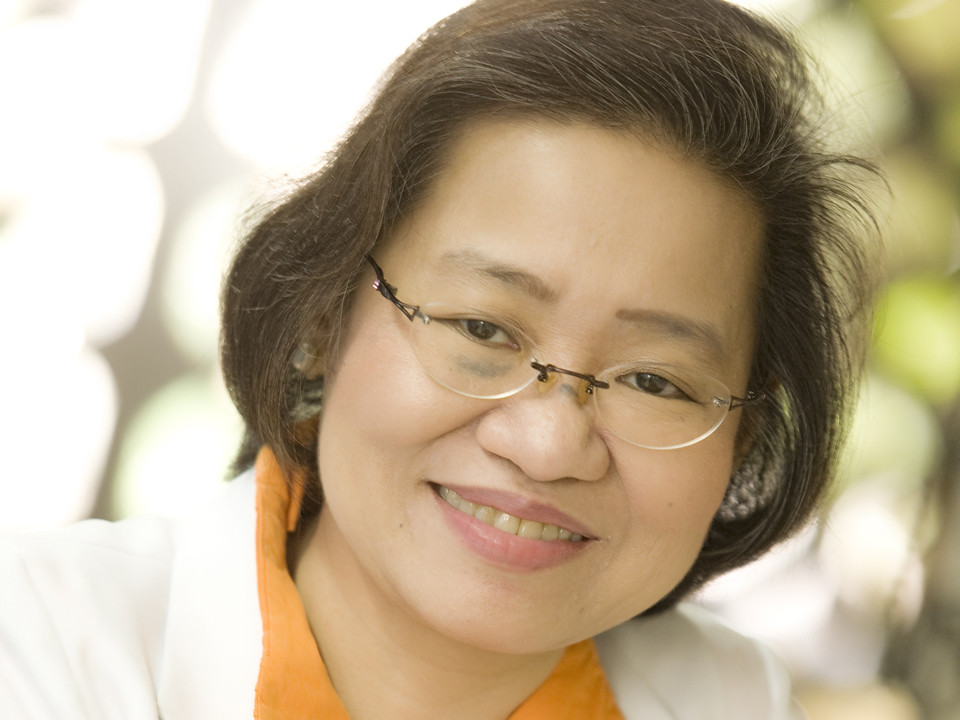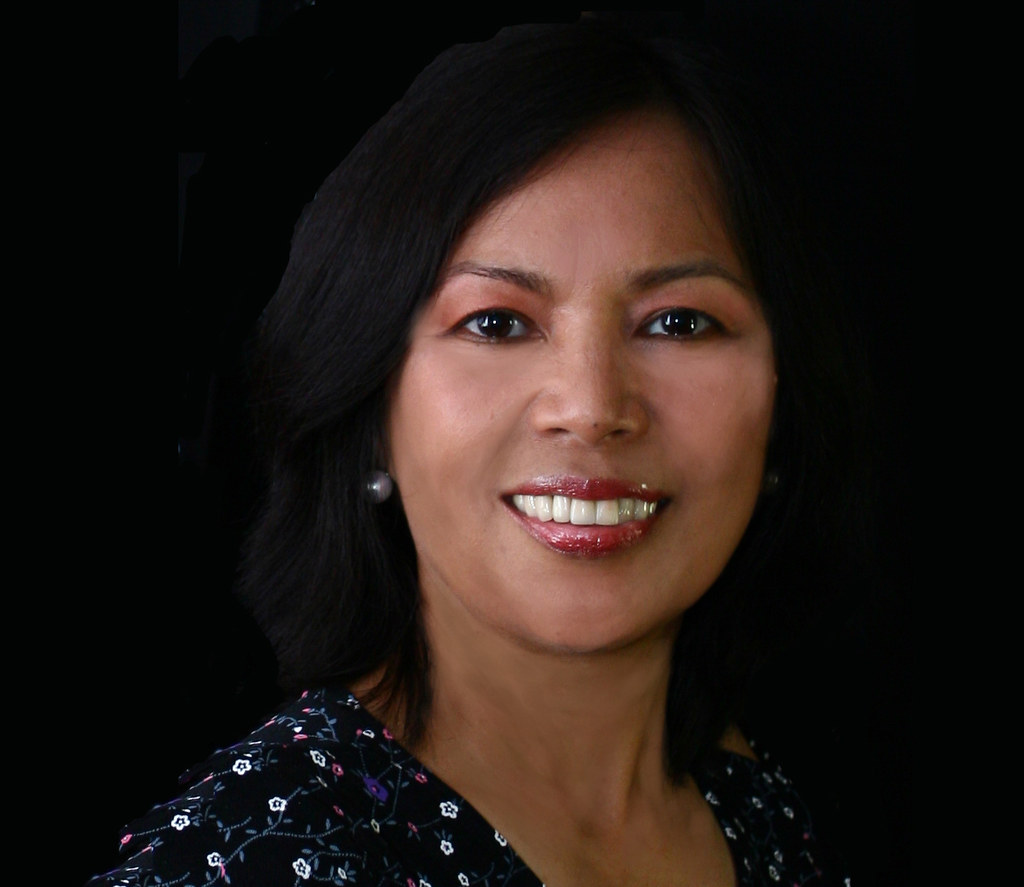"It takes a village to raise a child." This African proverb rings louder for children with autism. The Autism Society Philippines believes that parents should build relationships with a professional compassionate support team who can advise and counsel them, in addressing the myriad of questions they have about raising a child on the spectrum.
"If you have met someone with autism, you have met ONE person with autism." There is no substitute for personal consultations with professionals, which consider traits and behaviors unique to the individual with autism.
As ASP continues to receive questions from parents and family members year-round, we have reached out to the following experts to help answer some concerns on health, education and intervention.
For those with co-morbidities with ASD, which comes first in the diagnosis - ASD or the other condition (e.g. ASD w/ Down Syndrome or Down Syndrome with ASD)? ---Name Withheld
The presence of Down Syndrome (DS) and Autism Spectrum Disorder (ASD) is actually that of a “dual diagnosis.” This means that there are two co-existing developmental disabilities and is technically not a “co-morbidity.” In many of these cases, it would be important to address the target behaviors that have a greater impact on daily care. Most of these behaviors fall under ASD. In the new DSM 5 criteria, this is already acknowledged. Co-morbidities, on the other hand, are other medical conditions (not necessarily a developmental disability) that co-exist with ASD like epilepsy, intellectual impairment and gastrointestinal symptoms.
 |
| Dr. Alexis Reyes |
Dr. Alexis Socorro L. Reyes is recognized as one of the leading developmental pediatricians in the Philippines. She concurrently concurrently heads the Developmental Pediatrics Section and the Atty. Jose Miguel Arroyo Developmental and Behavioral Studies Unit of the Section of Pediatrics of the UP-PGH. She is an Associate Professor of the Department of Pediatrics at the UP College of Medicine and is a Special Lecturer at the Department of Pediatrics of the Ateneo School of Medicine and Public Health and UP College of Allied Medical Professions.
If a child diagnosed with Asperger's Syndrome could not fit to attend a regular class from a high standard school, will it be helpful if she continues her behavioral therapy sessions instead? Can she stop going to school? Will it greatly affect her behavior and her right to education? ---Karen Villaroel
Ideally, we would want to give the child access to opportunities for social interaction with peers -- which is usually in a school setting. If the child has impairments in cognitive, language and social skills, it may be best to consider a learning institution with a small class size with learning supports according to area of impairment. Also, consider getting help from a speech therapist, especially one versed in Social Thinking, for social skills development
 |
| Ms. Cecile Sicam |
Cecilia Sicam is one of the 11 original founders of the Autism Society Philippines. She has served ASP in many capacities, as President from 2000 to 2004; and as its current Vice President. Inspired by her PWA son Likas, Ces has been instrumental in the founding of Professionals for Autism Foundation, Inc., Center for Autism and Related Disorders, the Philippine Association for Behavioral Analysis, and Bridges Foundation where she is currently its Directress. She taught SpEd for three years Santa Clara, California; and came back to serve Filipino children with special needs.
What could the OT provide to improve the motor planning? Will music therapy help? The child can already approximate and is eager to verbalize. Is AAC already needed? ---Roschell Chun
Music Therapy has been found to be helpful with almost all children regardless of developmental level or speech level. An augmentative and alternative communication (AAC) would be beneficial (see previous answer). Here is a website that has a lot of motor planning activities that an OT could use: http://therapyfunzone.net/blog/ot/apraxia-or-motor-planning. No matter what, in both cases, the entire team (parents, OT, Speech Therapist, Music Therapist, teachers, etc) should work on the same skills and be as consistent as possible across fields of expertise. It is VERY important that the parents work on the homework given by any therapist to the best of their ability.
 |
| Ms. Tabitha Kirby |
Tabitha Kirby, MA, BCBA received her bachelor’s degree in psychology and master’s degree in special education with specialization in Applied Behavior Analysis from The Ohio State University. As an expert in the field of behavior analysis, Tabitha has worked in various clinical, school, and community settings. As a consultant for families of individuals with Autism, Tabitha led and implemented a variety of home-based programs.





 Posted in:
Posted in: 


0 comments:
Post a Comment